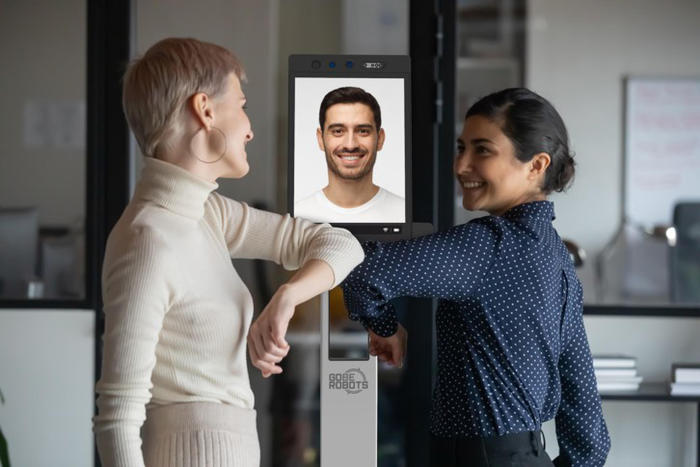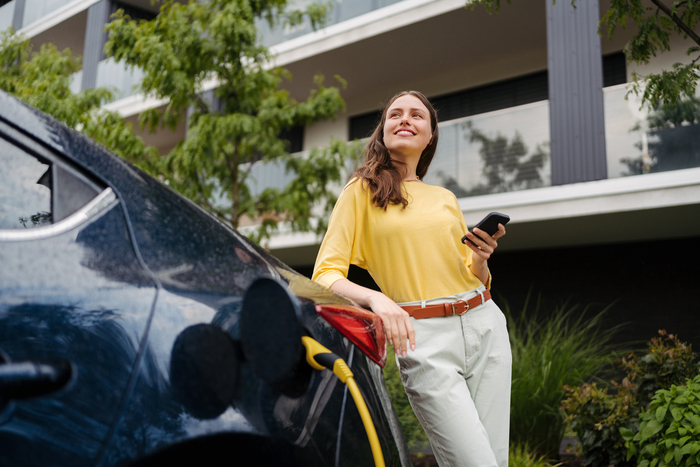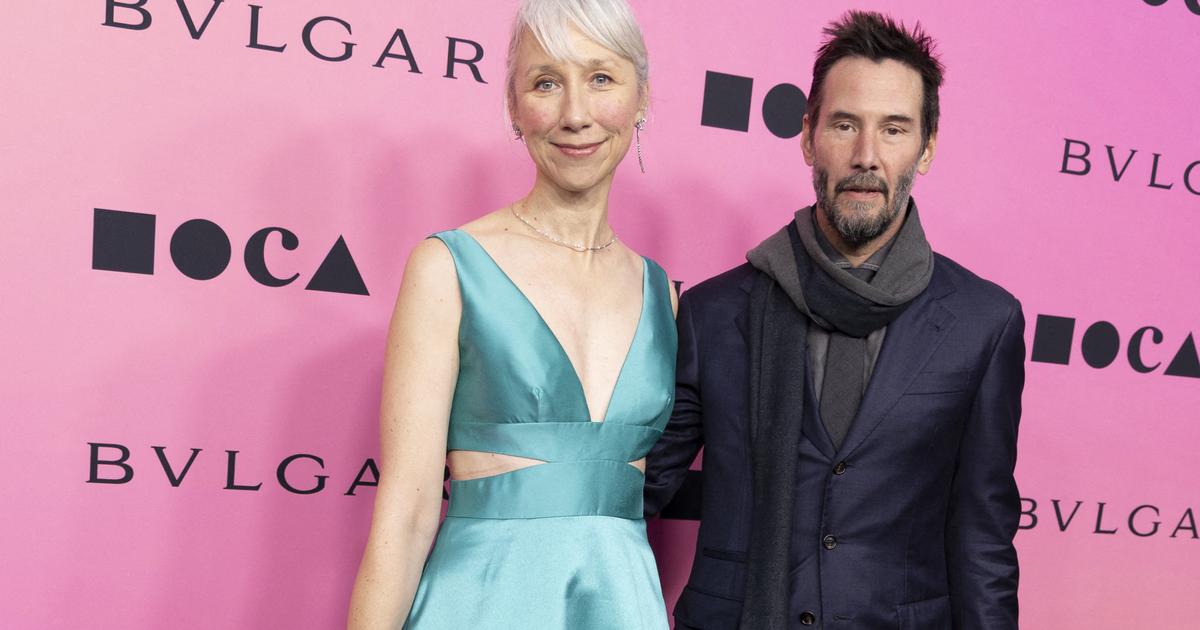In 2016, having more free time was essential for 20% of the population. This year the need for 'time for myself' has skyrocketed to the top of the priorities of over 50% of consumers who, with the pandemic and smart working (64% of workers believe that working from home will remain among the long standard), they learned 'flexibility' and changed priorities, resetting purchases. List the new shopping priorities for the new year in the 'Lifestyle Survery' report on global consumption just published by Euromonitor International.
We will have a greater and more attentive eye towards convenience (we have become more cautious and frugal consumers in our choices) driven by the economic slowdown underway globally, and above all we will spend to create
'open-air oases.
'being in town to support the greater need for physical and psychological well-being.
We will aim to take better care of the free hours by playing with our time.
We will then buy products for gardening (gardens, balconies, terraces), outdoor furniture, sports and we will spend on cultural and social outdoor activities (fairs, concerts, outdoor cafes, drive-in cinema, outdoor exercise classes, campsites) and even commuting will be on foot, by bicycle or by scooter.
2021 will also bring a new habit, dubbed
'Phygital'.
It is a
hybrid between the physical and virtual world that can be applied in many areas, from work to play
.
Staying at home we will experience shopping with the personal shopper in the store, connected via videocall or the new virtual dressing rooms.
We will have lunch or coffee breaks with colleagues who are in the office by connecting with screens placed in the common areas and so on.
Digital tools for practicing daily activities both at home and away will increase.
The shopping will include new e-games to venture 'outside' while staying at home and the offer of 'virtual' fitness classes will also increase, followed by the smartphone but coordinated by the trainers in live streaming, in phygital style.
The new way to shop is also the inclusion of
more 'political' parameters in the spending choices of
the new 'rebels' to the system.
Especially for Millennials and Gen Z we are witnessing an increase in movements of people who rebel against political systems far from their emergencies.
“Consumers are fed up and amazed by the wrong choices of leaders in different countries, - write Euromonitor International analysts.
- There is growing distrust driven by prejudices and disinformation.
A slice of the population that considers itself unheard and wounded rebels.
26% of them are directly involved in social and environmental initiatives and feel unheard.
We are witnessing a nascent 'anti-political' creed and a growing climate of resentment and extremism.
Conspiracy theories are only adding fuel to the fire, and people are more cynical of governments and politics.
Only 17% of Americans trusted the government in 2020;
in Chile it is a meager 5%.
Young people feel particularly disconnected from the political system, - reads the report, - believing that those in power do not take care to represent them.
Underestimating discontent has led restless and rebellious towards "
revenge shopping
", ie making extravagant purchases after being restricted and housebound for many months.
, i.e. making
extravagant purchases
after being restricted and housebound for many months.
"Examples: In Guangzhou, China, French luxury fashion brand Hermès sold $ 2.7 million in just one day after the lockdown ended and the number of consumers hunting for high-risk activities such as illegal parties and online gambling in all countries. In South Africa the blockade has spurred the
illicit market for cigarettes and alcohol.
There is a
desire to continue living one's life
without accepting restrictions.
Shopping for alcoholic beverages is also growing
, junk foods and video games. "Meanwhile, social media continues to be a battlefield for information and disinformation but there are ways for brands to be close to this increasingly large slice of consumers." The survey cites how example the choice of the French multinational Pernod Ricard (wines and spirits) which blocked paid ads on Facebook last July by joining the #StopHateForProfit campaign. The campaign accuses social media of not doing
enough to combat the presence of hateful and racist content on their platforms.
"2021 is bringing new standards for responsible advertising and companies and social media must work together to ensure more accurate and relevant information is shared or run the risk of losing the trust and credibility of new rebellious consumers, which are increasing day by day. ”Say the authors.
Among the shopping opportunities in 2021, the report concludes with the (still) very high
obsession for safety and hygiene
, also in the name of the absence of physical contact as recommended to avoid the spread of the pandemic.
Virtual payments
will increase
, also through the Quick Response system (R CCode), systems to purify the air in the home, electronic anti-virus devices, the purchase of home and personal hygiene products and the classic soap ( which passes from hand to hand) will be undermined by liquid soaps with dispenser (also electronic).
Finally, interest in systems will grow, even '
do it yourself'
to treat the symptoms of stress, which is rampant and also growing due to pandemics.
We will rely above all on art and DIY.
“Consumers are shaken and agitated, re-evaluating their priorities and identities, reconfiguring the work-life balance and exploring new hobbies in a socially distant world,” analysts explain.
Before the pandemic, 46% of the generation Z and 50% of Millennials preferred to spend their own money to make experiences rather than buying objects but, by dint of being at home, you plan a
shopping resumption of real toys and educational games,
for children, and hobby accessories for adults.
Arts and crafts, musical instruments, sports equipment and online lessons (cutting and sewing, knitting, DIY, etc.) to acquire new specialist skills will be the most popular.














